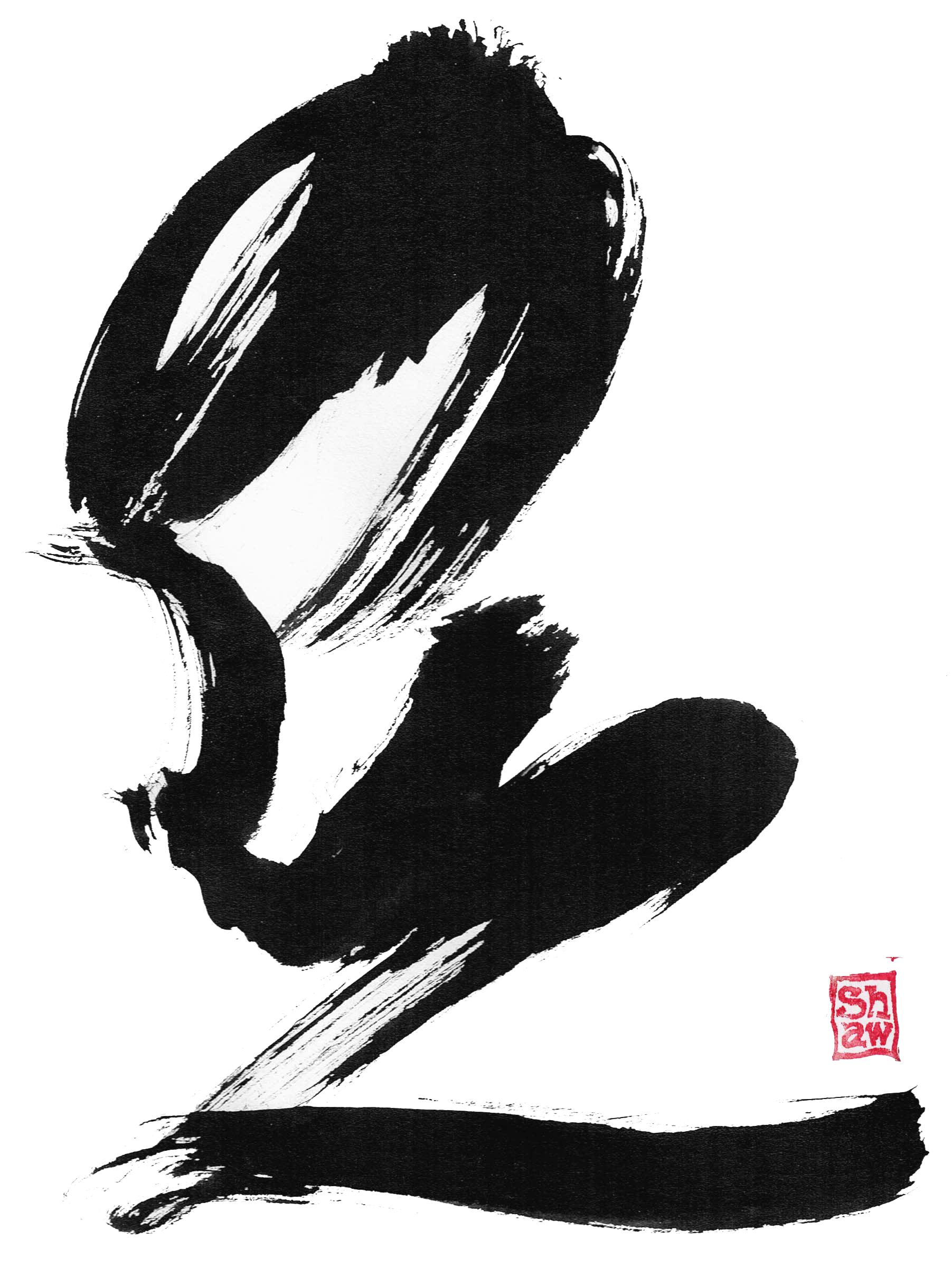Zen Filmmaking
Be Positive

Be Positive

Zen and the Art of Cinema
An Exploration of Zen Filmmaking
The intersection of Zen philosophy and filmmaking might seem paradoxical. One thrives on silence and contemplation, the other on spectacle and narrative. Yet, beneath the surface, both share a profound connection with the present moment, with the ephemeral nature of reality, and with the search for meaning. This essay delves into the concept of "Zen filmmaking," exploring its core principles, how they manifest in cinematic techniques, and its impact on both filmmakers and audiences.
What is Zen Filmmaking?
Zen Filmmaking isn't a rigid genre but rather a philosophical approach to the art of cinema. It draws inspiration from Zen Buddhism, emphasizing mindfulness, simplicity, intuition, and acceptance. Unlike narrative-driven films, Zen Filmmaking prioritizes present-moment awareness, seeking to evoke an experience rather than tell a story. It often utilizes quiet moments, contemplative imagery, and minimalist dialogue to draw the viewer into a state of presentness, mirroring the Zen practice of meditation.
Zen Principles in Cinematic Techniques:
Mindfulness: Slow pacing, long takes, and focus on everyday details encourage viewers to be present in the moment, mirroring the Zen practice of paying attention to one's breath and surroundings.
Simplicity: Uncluttered compositions, natural lighting, and subdued color palettes remove distractions, allowing the viewer to focus on the essence of the image.
Intuition: Improvisation, open-ended narratives, and unexpected moments challenge conventional storytelling, reflecting the Zen emphasis on letting go of preconceived notions and embracing spontaneity.
Acceptance: Embracing flaws, imperfections, and the unpredictable nature of the filmmaking process reflects the Zen principle of accepting life as it is.